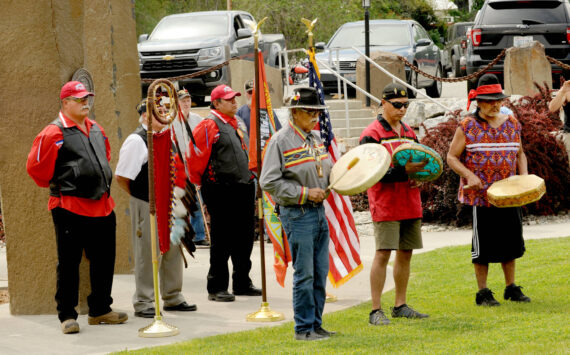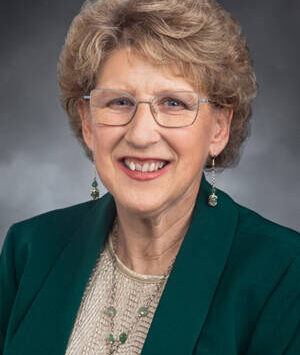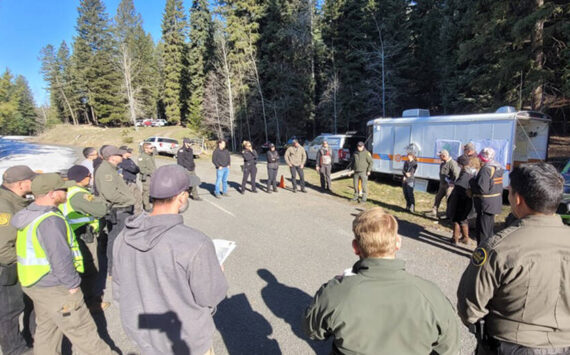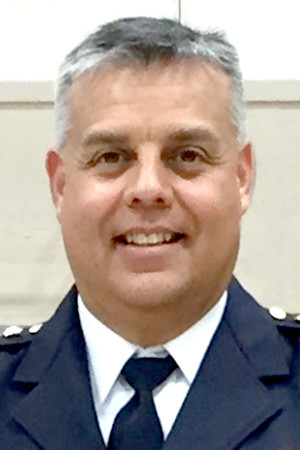
OLYMPIA—Gov. Jay Inslee has appointed a Wenatchee resident and an Okanogan resident and member of the Confederated Tribes of the Colville Reservation to serve on the Washington State Recreation and Conservation Funding Board.
The board awards about $250 million in grants every biennium for the development of parks, trails, boating facilities and other outdoor recreation opportunities and for the conservation of wildlife habitat and working farms and forests.
“Washington has an abundance of great outdoor places, and many people who are passionate about ensuring those places are cared for and available for future generations to enjoy,” Inslee said. “These talented leaders will do a great job of helping select where the state should invest its resources to improve outdoor recreation and conserve the best parts of our natural heritage. I look forward to their contributions.”
Inslee appointed Wenatchee resident Shiloh Burgess, who is the executive director of the Wenatchee Valley Chamber of Commerce. She served on the 2014 Governor’s Blue Ribbon Task Force on Parks and Outdoor Recreation and was staff to former Senator Linda Evans Parlette. She also has volunteered for 12 years with the Mount Adams Leadership Camp and is the current co-chair of Washington Tourism Alliance.
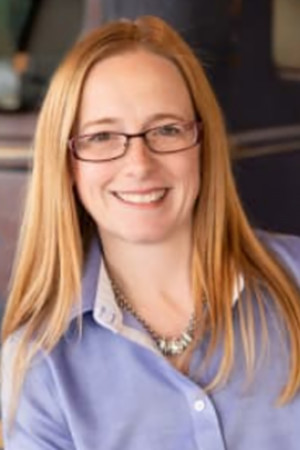
The Governor also appointed Okanogan resident Henry Hix, who is the chief of natural resource enforcement for the Confederated Tribes of the Colville Reservation. He previously managed the Tribes’ Parks and Recreation Program and served in the Tribes’ Fish and Wildlife Department. He has a bachelor degree in recreation from Eastern Washington University and loves to take his wife and kids hiking, fishing and hunting. He has spent his entire life in north central Washington.
The Governor also reappointed Kathryn Gardow, Seattle, for a second term.
“We’re very excited to welcome these new folks to the board,” said Kaleen Cottingham, director of the Recreation and Conservation Office, which supports the funding board in its work. “They will bring some great experiences and different perspectives, especially because they come from smaller eastern Washington cities. Having that diversity of opinions will make the board stronger and ensure it makes balanced decisions about where to invest public funds.”

